Always wondered how adults can have ADHD? When did they find out and what happens after diagnosis? How does ADHD affect their personal and professional life? What workplace survival strategies have they devised? Unlocking ADHD writer Jnanee Krishnasamy reviews the Adult-2-Adult event, “Adulting & Careers,” on October 16, 2021 and shares what the adult ADHDers on the panel had to say. ( You can view the panel discussion on YouTube and access bonus slides from the event on Facebook)
The three men and two women on the panel discussion hailed from vastly different backgrounds but they all had two things in common – a delayed ADHD diagnosis and demanding careers to cope with. The conversation centred on how they found out about their ADHD, how their lives changed after the diagnosis, and the strategies that they developed to navigate their professional lives.
When and how did they find out about their ADHD?
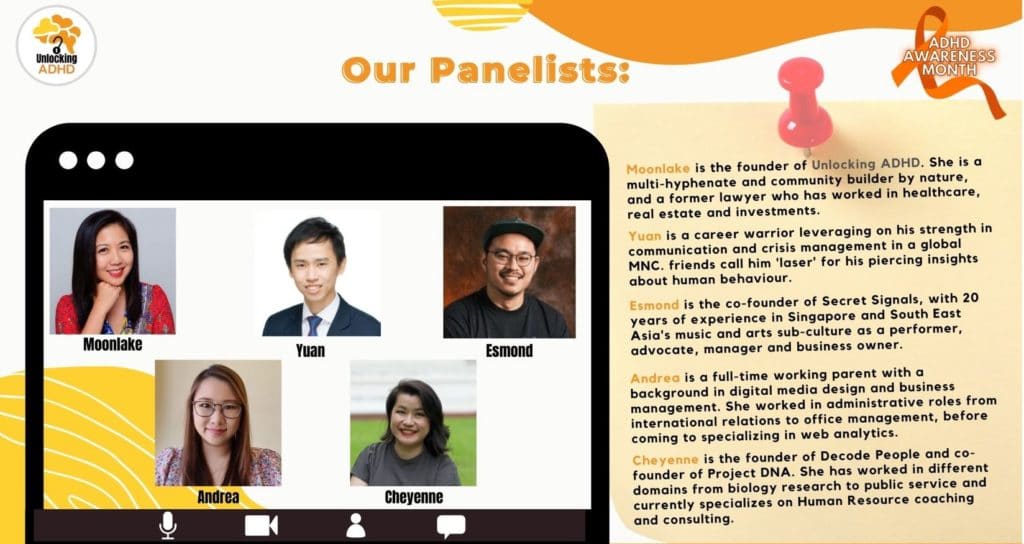
Cheyenne Seah moderated the panel discussion. At the time of her diagnosis, she was a scholarship holder who was pursuing a PhD in biology and research. However, beneath the surface, she was struggling. In her 20s, she would drink at least 8 cups of coffee a day to focus. In the evenings, she would counteract the caffeine by drinking 500ml of alcohol. Eventually, the demands of her responsibilities became too overwhelming and she sought help from doctors. She was treated for depression and anxiety for a year, before a visiting doctor probed into her childhood history and diagnosed her with ADHD.
Moonlake Lee and Andrea Koh are working mothers. In both cases, their ADHD diagnosis came about due to their children. Moonlake, Founder of Unlocking ADHD, was diagnosed at age 50, a year after her teenage daughter was officially diagnosed- showing that people of any age can be diagnosed with ADHD! Andrea, a web analyst working in the public service, – was diagnosed during the Covid-19 pandemic in 2020 due to the overwhelm from work and personal life. Her young son was suspected to have ADHD, leading her to research more about the neurological condition.Andrea realised that she had been exhibiting symptoms that closely mirrored her child’s. This prompted her to get diagnosed and treated, so that she could better support her child. In Moonlake’s case, she was looking for a way to manage her constant overwhelm and be more productive.
Esmond Wee is an ‘accidental’ entrepreneur. He’s the co-founder of Secret Signals, a music marketing services firm that helps artists break through the South East Asian market. He is also the director of apparel distributor Practical Measures. Esmond had trouble focusing throughout his school days. Teachers frequently commented that he had vast potential but did not use it. His friends would get annoyed whenever he did not appear to pay attention. His struggles were compounded by him being a ‘third culture kid ‘. As he had come to Singapore from Canada, the culture difference did not help matters.
Esmond was only formally diagnosed at age 37 after a series of events. He experienced sensory overload during a trip to Japan, and a friend suggested that he get assessed for ADHD. A series of business and career challenges shortly after the trip and the subsequent lack of income was the impetus for him to pursue a diagnosis. He has observed similar symptoms in his daughter, and is pulling out all the stops to help her.
Yuan is a powerhouse in a multinational company. As he excelled academically and was usually quiet when around strangers, his symptoms were not spotted in school. However, as he climbed the corporate ladder and moved into increasingly demanding positions, his coping mechanisms started to give way. In mid-2020, he was on the verge of getting fired from his job when he did some research and decided to get assessed for ADHD. He told his manager about his suspicions and his plan to get assessed.
How has an ADHD diagnosis changed their lives?
Cheyenne decided to change her career after her diagnosis. She undertook a part-time diploma in learning disabilities management to understand herself better. She now does business advisory and career coaching, including for girls with ADHD. Her physical health has improved since her diagnosis. While she still drinks a cup of coffee in the mornings, she no longer has to consume excessive amounts of caffeine to stay focused, or drink alcohol every evening to sleep.
Both Moonlake and Andrea reported improved relationships with their spouses. Although Moonlake and her husband have been married for 29 years, their relationship has improved further after her diagnosis. She states that both of them have had to make adjustments, but her husband is more understanding as there is a context for her quirks. Moonlake states that medication has helped her to focus. Accepting and embracing her diagnosis has also enabled her to have a positive outlook on life. As for Andrea, her marriage was on the verge of breaking down before she sought an ADHD diagnosis, but things have since improved.
Yuan shared that he felt hugely relieved after receiving a diagnosis, as he finally knew what he was dealing with. Prior to his diagnosis, he felt scared and lost as it was like “swimming in the fog”. After Yuan received his diagnosis, his manager decided to “see how it goes after 3 months”. Today, a year after almost getting fired, Yuan has been selected for a management internship in his company’s global headquarters.
At the time of his diagnosis, Esmond was going through many personal and business related challenges due to a softer retail market and restarting certain aspects of his business. Not knowing he had ADHD growing up, he likely learned to develop resilience and thick skin, since learning and paying attention was a struggle. His diagnosis helped him to reflect and identify his strengths and weaknesses and now knows what he needs to do to be a better leader, parent and business owner.
What are their tips and tricks for navigating their careers?
General Workplace Strategies
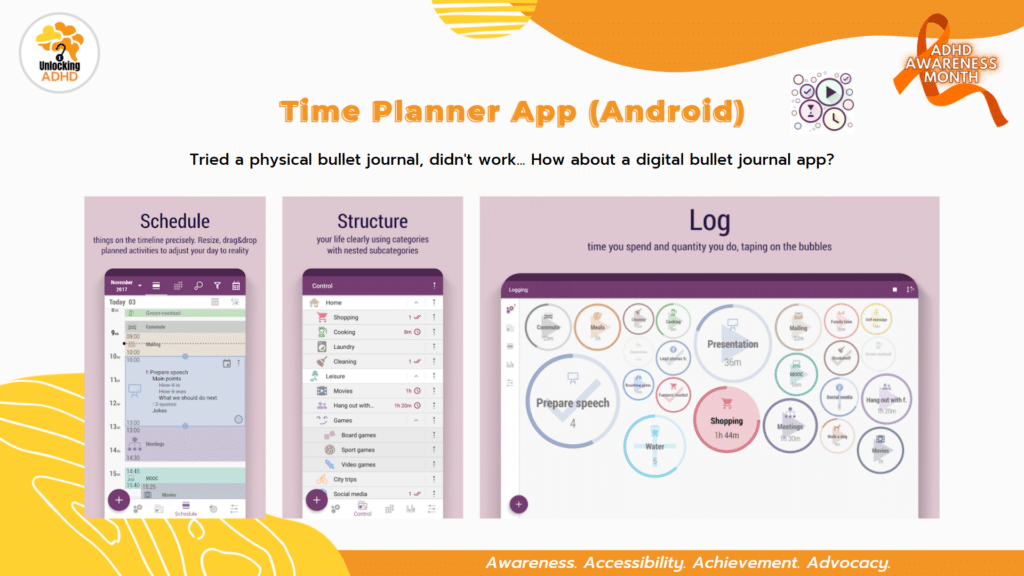
The panellists comprise business owners, managers and employees. Thus, they were able to offer a myriad of tips for different workplace settings.
As Cheyenne runs her own business, her bedroom is her office. She finds that air-conditioning and soft background music are conducive to work. She also keeps squeeze toys and gummy bears on hand to relieve stress and help with focus. In addition, she has a smart watch that beeps every hour to remind her about work meetings. Cheyenne takes medication during periods where she needs to complete administrative work.
Andrea emphasised the importance of a strong support network, and cites her husband as an example of a supportive spouse. She went on to say that it is okay to reach out to others when you need help, as no one will know that you need help if you do not ask for it.
In the past, Andrea has tried journaling and post-it notes but frequently lost track of them. Thus, she relies on digital applications (such as “Time Planner” on Android) to stay organised. Andrea also turns off all distractions whenever she has to work on a task. She is also had help from her ex-supervisor who is a qualified career coach, which she found very beneficial and contributed to her progress.
Andrea said that it is important not to try and accomplish too many tasks in a day. “I have learned that it is important to focus on doing 3 main things. Even if you do just 1 thing, it is enough,” she added. A healthy sense of perspective also helps her to cope with her condition. “Moonlake taught me that I don’t have to be a perfectionist and work on something to the point where I miss the deadline and neglect other tasks,” she revealed. It’s still ok to do what I can, acknowledge that it is enough, meet the deadline for the task and let go based on my best effort.”
Right after getting themselves diagnosed, Yuan and Esmond both embarked on intense efforts to manage their ADHD. Yuan scheduled his first therapy session just four days after his diagnosis. He initially saw two therapists, then chose the therapist whom he felt a stronger rapport with. Yuan and Esmond pored over numerous books and attended several support groups to enhance them. Yuan joked that he went to so many sessions that he got “burned out”.
Yuan also started a “Medication Tracker” journal to document his responses to medication doses and pinpoint his optimal dose. “I tracked what time I woke up, what time I took my meds, how I felt after my medication, whether coffee helped, whether I felt jittery or sleepy afterwards. Within 5-6 weeks, I knew what my optimal dosage was,” he elaborated.
Yuan continued reading books to learn more about ADHD. He found “ADHD 2.0” by Edward Hallowell to be particularly helpful. He has a “Standard Operating Procedure” to deal with secondary anxiety. “I wake up early, go for a run and then make breakfast for my family. The opportunity to serve my family and connect with them is important for me to manage my anxiety,” he shared with the audience.
Moonlake finds journaling to be particularly helpful in affirming herself. Every day, she writes down what she is thankful for and notes the improvements that she has made to her life that day. She also finds regular exercise to be a productive outlet for her hyperactivity.
Dealing with Rejection Sensitivity Dysphoria
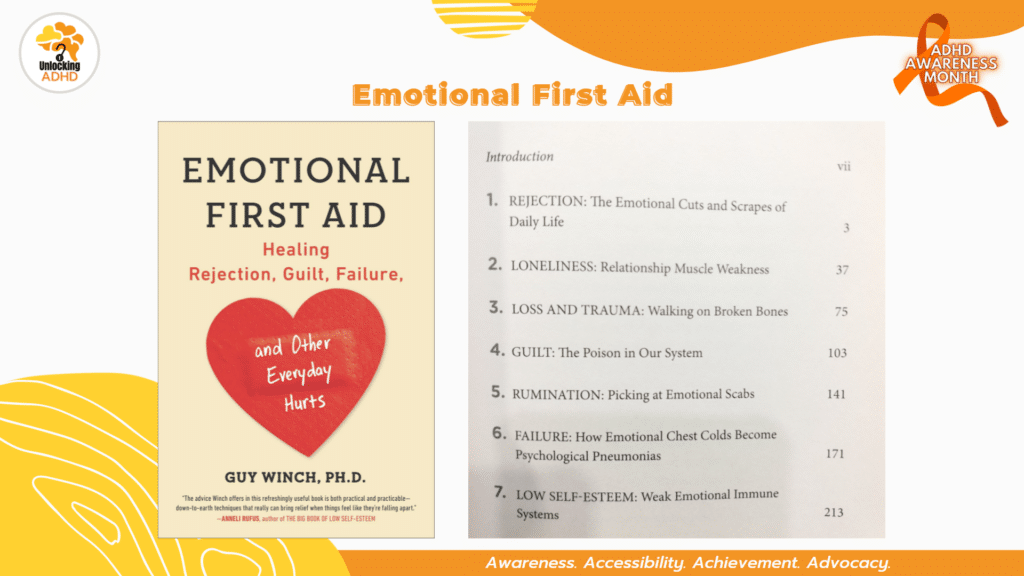
Obstacles are inevitable in any person’s career, including those with ADHD. All of the panellists agreed that Rejection Sensitivity Dysphoria (RSD) was a common issue that they faced whenever they experienced a form of career rejection, and discussed their coping mechanisms for RSD.
Yuan feels that “emotional first aid” is important for dealing with RSD. “I am very frank about my emotions with my therapist, and I am unafraid to cry it all out during therapy,” he shared unabashedly.
“It’s very easy to play the victim when you are rejected, but don’t ever fall into that trap. If you always have a victim mindset, your self-esteem will never improve,” Esmond added.
Moonlake shared about experiencing imposter syndrome, particularly when she was named as an honouree on the inaugural “40-over-40 Inspiring Women 2021” list in Singapore. “I kept comparing myself to the other honourees and the list and wondered how I could ever be on the same level as all these accomplished women,” she recalled. “However, I learned not to compare myself to others. I learned to focus on improving myself and spotting opportunities for growth.”
Moonlake also talked about feeling invalidated whenever people expressed surprise at her diagnosis. “Some acquaintances tell me that they don’t think I have ADHD, because I must be super organised in order to have come this far,” she revealed. In the end, she coped with this by reminding herself that the most important opinions are from those who are closest to her and have to deal with her on a daily basis – her immediate family. As long as they supported her and saw the issues (and improvements), that was all that really mattered to her.
Andrea talked about the tendency to catastrophize in response to a real or perceived rejection. “It’s easy to do this especially when things have gone wrong for you so many times in the past,” she confided. “However, I have learned to recognise that sometimes we have ‘on’ days and ‘off days’, and that’s perfectly okay.”
Capitalising on Your Strengths
All of the panellists agreed that capitalising on their strengths was key to their success.
Yuan realised that his strengths were in communication, facilitating meetings and crisis management. “I used my distractibility to my advantage. ADHDers are good at spotting things that others miss out on. At work, I am very good at spotting micro-trends and warning my boss if I foresee a crisis happening. Even if my concerns are dismissed, I am able to devise backend plans and quickly execute them when the crisis does happen,” he explained. “My impulsivity also enables me to come up with creative solutions to problems.”
Yuan also prides himself on being an excellent note-taker. “My notes are comprehensive, and my colleagues recognise it. I am now the de facto note-taker for workplace meetings. In this way, I am able to compensate for the working memory issues that ADHDers face,” he said.
Yuan created a list of strengths that he has stuck onto his wall. He calls it his “Strength Reminder” to spur him on whenever he feels down about work. “I recommend spending 60-70% of your time on enhancing your strengths. Work on the weaknesses only until they don’t become weaknesses anymore,” he stated in a matter-of-fact tone.
Esmond agrees. “I realised that I exhibited great strengths back in secondary school. I could organise basketball tournaments for multiple CCAs that were not involved in basketball. Pretty impressive for a 13-14 year-old!” he told the panel. “I took a Gallup Strengthsfinder test which highlighted my strengths, including the highest strength – adaptability. This makes sense, and the StrengthsFinder test has been instrumental in helping me to plan my life.” Relationship management is also pretty effortless for Esmond. However, as he hates dealing with accounting matters, he delegates that to his business partner.
Moonlake seconds Esmond’s opinion on the Gallup StrengthsFinder test. “You have to pay for it, but it’s worth the money. The StrengthsFinder test has provided me with a compass to plan my life, concentrate on activities that I excel in, and delegate other types of tasks,” she enthused. “The StrengthsFinder is not set in stone. You can work on your areas for improvement, and retake it after a major life event, such as a marriage or a new job. Your results may differ!”
Moonlake also recommends attending a workshop called “Authentic Lives”. “There are plenty of self-help workshops out there but this one is outstanding,” she explained. “It was one of the motivators for me to start Unlocking ADHD!”
Should you tell your Employers that you have ADHD?
The panellists rounded off the discussion with a Q&A session. A common question was whether the panellists told their bosses and/or colleagues about their ADHD, and why.
Andrea and Yuan provided insights from an employee’s perspective. At work, Andrea lets her bosses know about her ADHD even though her supervisors have been changing frequently in the last year, as it helps with her workload management. “It’s best to be proactive about it. If you choose to wait till things are bad before telling others, they may think that you are just making excuses,” she reasoned.
“In my case, I had no choice but to tell my boss as I was about to be fired,” Yuan told the rest. “After my diagnosis, I let my bosses know what sorts of reasonable accommodations they could make. For instance, I don’t do well with emails and I prefer other modes of communication.”
Esmond and Moonlake gave input as employers. As Esmond is a boss with ADHD, he is forthcoming and open with his condition and helps create early expectations for his employees to be independent and self-motivated.
Moonlake stated that even if an employee has ADHD, the most important thing is that they do not use their condition as an excuse, but get it diagnosed and managed. When she looks at the CV of an individual who may have ADHD, she checks to see if they are able to finish a job/project without being fired as a good indication of their commitment level and job experience as an indication of whether they are able to take ownership.
Andrea agreed. “You will need to present your bosses with a gameplan of how to manage you, instead of demanding entitlements,” she emphasised.
“At the end of the day, there is no time to sit around and feel sorry for yourself. The world is very fast-paced, so you have to try your best and do what you can,” Yuan concluded.
[If you liked this story and found it helpful, please SHARE it. For more personal stories about ADHDers, please click here. Unlocking ADHD has also organized a series of events this ADHD Awareness Month, and you can view our past webinars on YouTube. ]

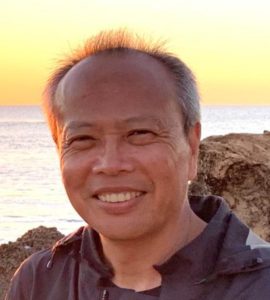
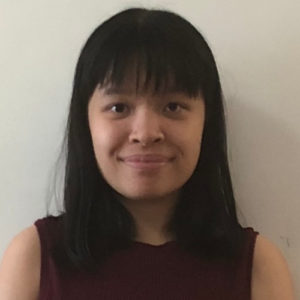
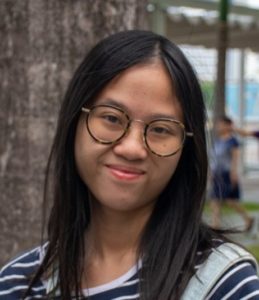
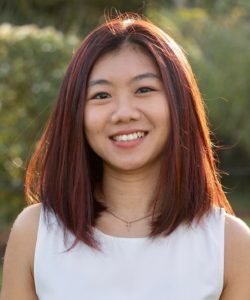
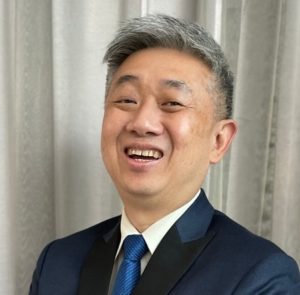
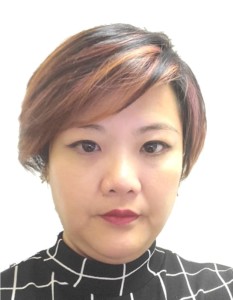
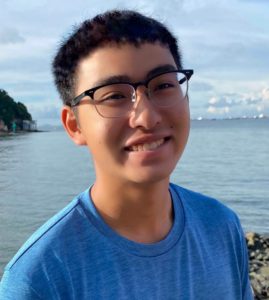
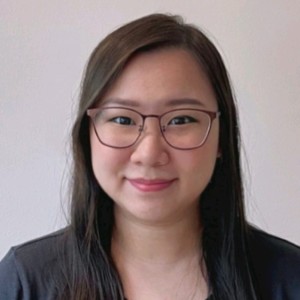
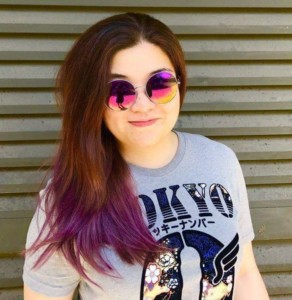
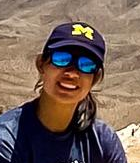


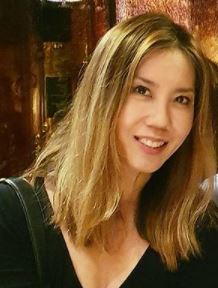

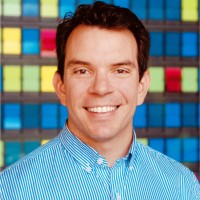
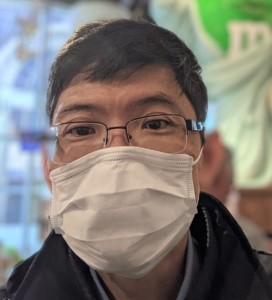
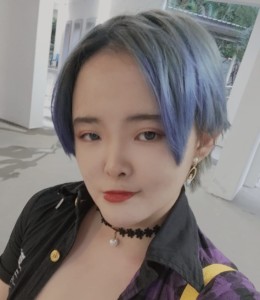
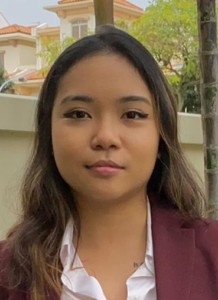
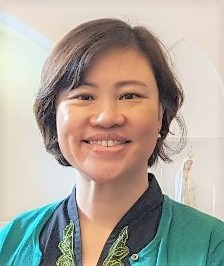
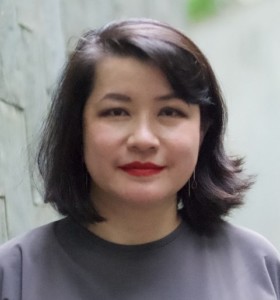
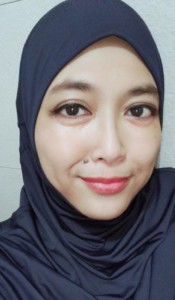
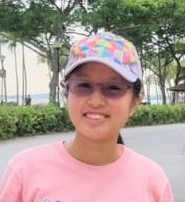
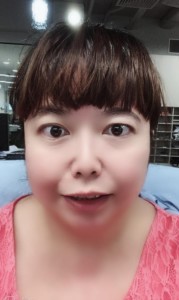

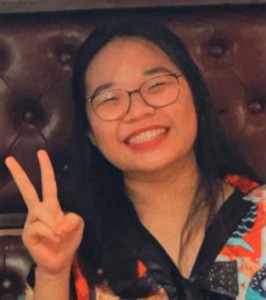
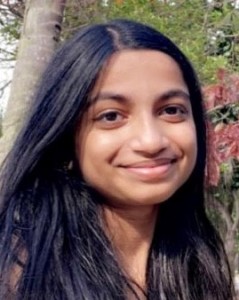
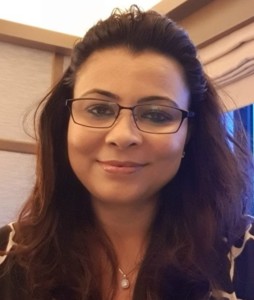
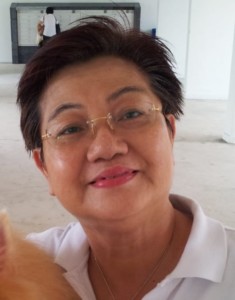
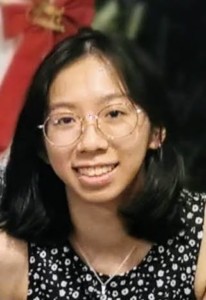


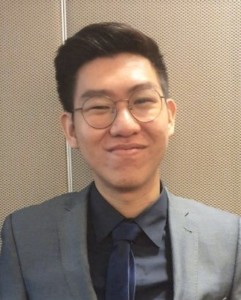
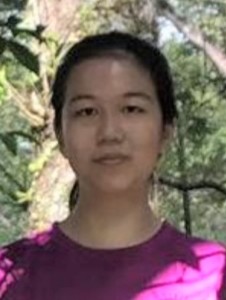

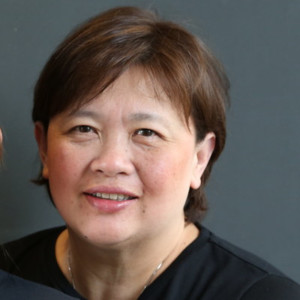
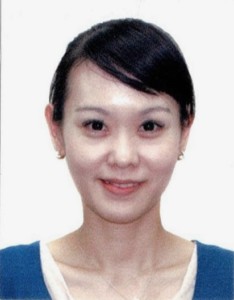
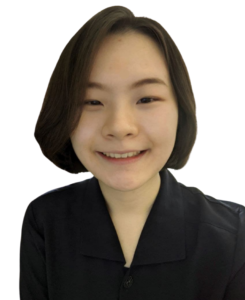
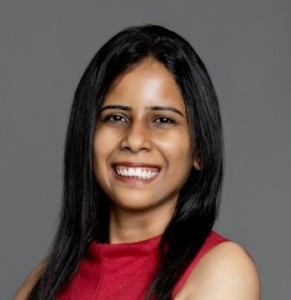
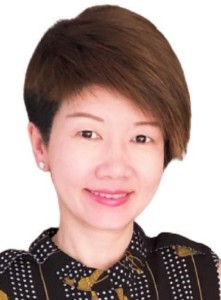
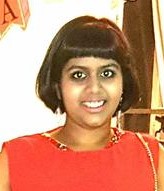
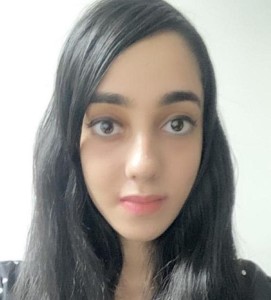
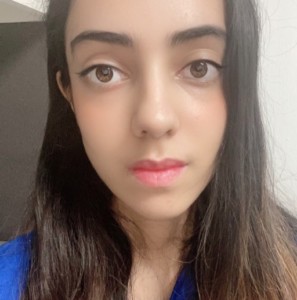
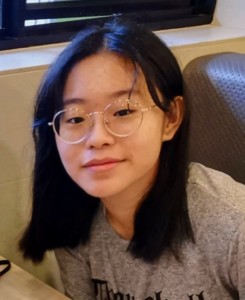




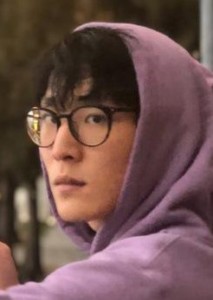
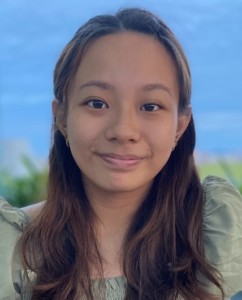
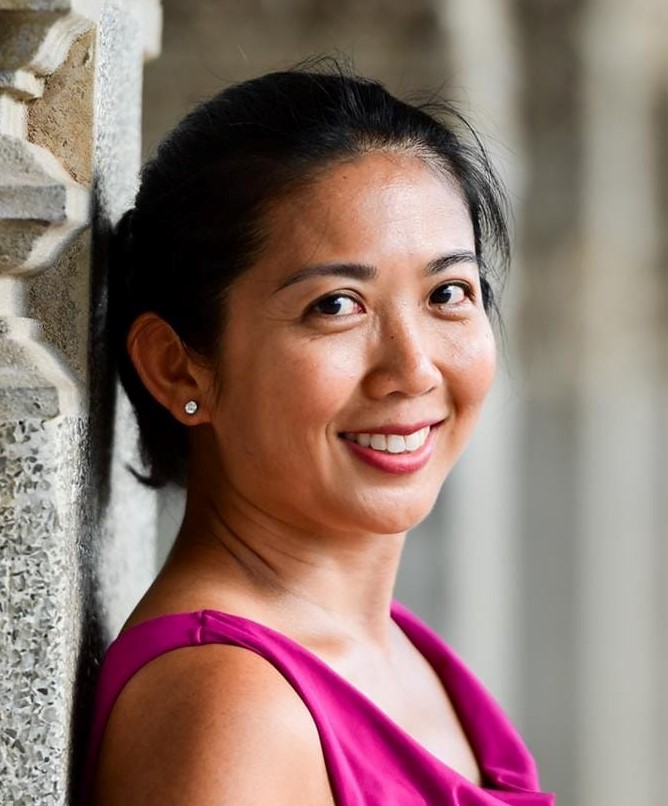
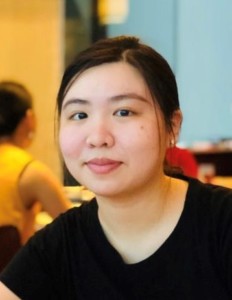
Good day to you.
I would like to know is there have any career webinar host by cheyenne? Or is there have anyway to connect with chevenne that could give advice on the career development?
thanks for your comment. We will be hosting a careers webinar in March – please follow us on social media to be updated or join our mailing list. We are happy to connect you with Cheyenne separately
Hi Mary – we have a webinar on careers – March 27 from 8pm to 9:30pm – you can register at https://bit.ly/adhdcareers